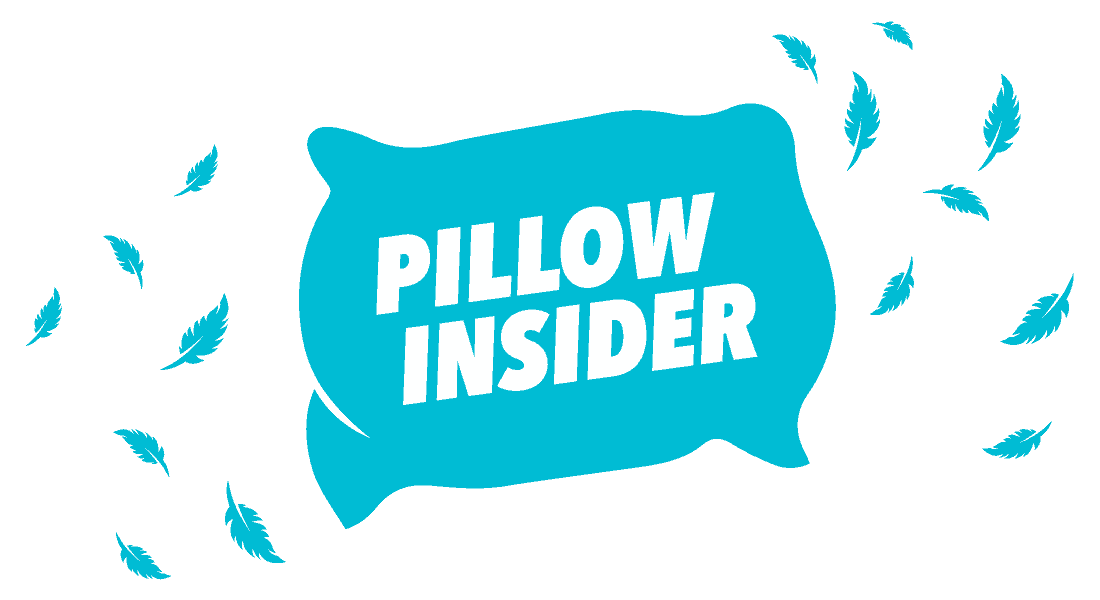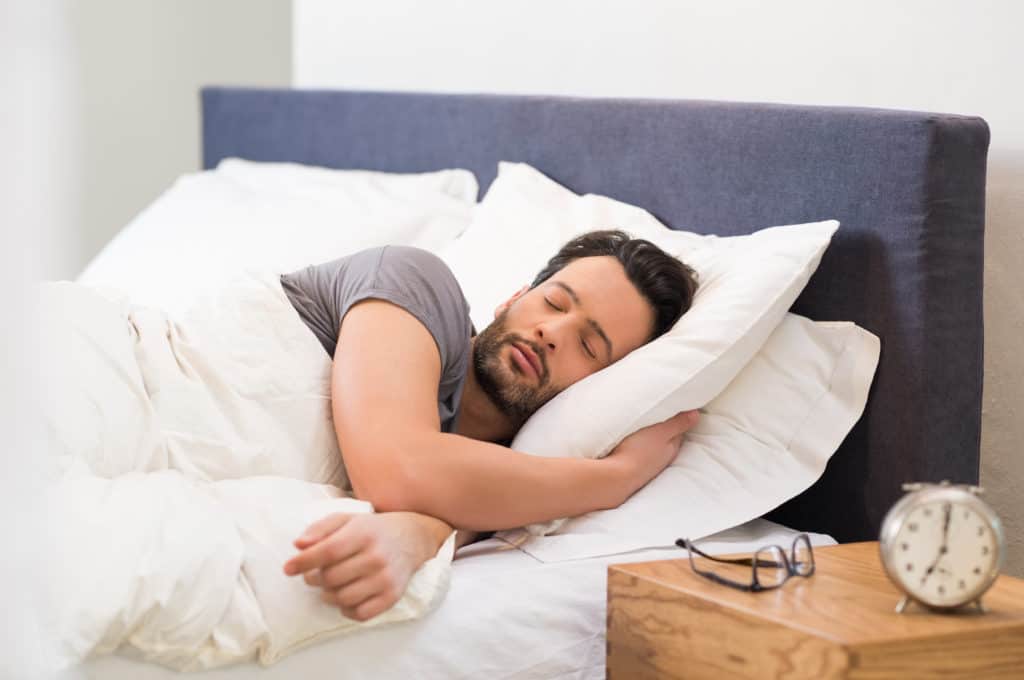If you have had some medical intervention or surgery, getting a good night’s sleep is essential to speed up the healing process. However, finding a comfortable sleeping position can be extremely challenging in these situations. Getting a kidney stent definitely rates high up on that list of challenging-to-sleep situations.
Even though the kidney stent is placed to help you, it is often reported as an uncomfortable experience, particularly during the night.
However, there are some measures you can take to help you deal with the discomfort. We’ll walk you through them.
What is a Kidney Stent?
A kidney stent is a thin plastic tube placed into your ureter to help drain urine from your kidney. If one of your ureters is blocked, your urine won’t drain properly and can cause a kidney filling with urine and swelling. This condition can result from kidney stones, inflammation after surgery, or scar tissue. A kidney stent enables your kidney to regain proper function. A stent can be used for weeks, months, or years, depending on your condition.
Tips for Sleeping With Kidney Stents
During the post-stent insertion period, you should follow all doctor’s recommendations to recover from the intervention as quickly as possible. What contributes to the recovery the most is getting enough and quality sleep. As previously mentioned, this can be difficult to achieve with a kidney stent inserted, but still not impossible.
It’s also worth noting that the medication mentioned here is for informational purposes, and you should consult with your physician for the best course of action.
Alpha-blockers
Alpha-blockers are medications that can help reduce spasms in the ureters and keep the ureter open. The ones that are usually used for kidney stent pain are tamsulosin and alfuzosin. They can help you reduce the pain caused by the stent. You need to consult your doctor before taking them as there can be some side effects like dizziness when standing up and a stuffy nose.
Anticholinergic Medications
After having a stent inserted, urinary frequency or urgency is a common symptom. Anticholinergics can help you with your overactive bladder, especially if this happens during the night and disrupts your sleep. These medications are an alternative for alpha-blockers, and before taking them, you need to ask your doctor for a prescription. Side effects can be dry mouth and constipation.
Moreover, based on some data, concern has been raised about the connection between anticholinergics and dementia risk, especially in people over 65. So, you should definitely talk to your doctor about your specific case.
Over-the-Counter Medications
Many common painkillers are NSAIDs (non-steroidal anti-inflammatory drugs), like ibuprofen (Advil, Motrin), which don’t need a doctor’s prescription. You may even already have them at home and use them for any kind of pain. If you take them before going to sleep, they may help you relieve the discomfort during the night.
Besides ibuprofen, other examples of over-the-counter medications are naproxen (Aleve), and acetaminophen (Tylenol). Some people find that one is more effective than the other and stick with it, while others will alternate these anti-inflammatories to deal with severe pain.
You’ll want to be careful when it comes to taking aspirin to deal with pain from a kidney stent, as it is a natural blood thinner. We recommend consulting your doctor before taking it.
Sleeping on Your Side
Besides taking pills, the position you take during the night can also have an impact on post-stent pain. It is recommended that you sleep on the opposite side of where your stent is placed. Many people have said that changing the side actually helped them reduce pain.
Avoid Physical Activity Before Bed
You should not do any physical activities in the first 24 hours after the procedure. However, physical activity is not forbidden following that period; just make sure you avoid exercising in the hours before going to bed as they can increase discomfort during the night.
Don’t Drink Too Much Water Before Bed
Drinking a lot of water after having a kidney stent inserted is recommended. It will help you flush blood and urine through your kidneys. Yet, increased water intake in the hours before sleep can cause urinary frequency and urgency during the night, so it’s best to reduce the liquid intake prior to bed.
Tips for a Good Night’s Sleep With a Kidney Stent
The tips mentioned above will most likely help you with post-stent pain. However, regardless of whether or not you have a kidney stent, high-quality sleep is vital for every person and overall health. Mattresses, pillows, sheets, and blankets can have a significant influence on your sleep. The quality of your sleep will be greatly improved if you choose the right pillows and beddings.
If you have spent at least one night in a luxury hotel, you know what a good night’s sleep is. The secret sauce? The luxurious hotel pillows. With these recommendations, you can have a luxury hotel-quality sleep at home.
Besides pillows, there’s rarely something better for a comfortable sleep than rolling up in a soft blanket. One of our favorites is the weighted blanket from Quility — it will lull your body to sleep, and we guarantee you’ll wake up feeling renewed. These blankets also provide comfort and warmth while reducing stress and anxiety.
If you get a combination of these high-quality pillows and blankets, you’ll most certainly have a delightful and comfortable sleep. The best part is these tips will benefit both people with and without kidney stents.
Bottom Line
If you have your sleep disrupted due to the kidney stent insertion, try some of the tips we mentioned above, and your post-stent pain should be reduced. Also, for a good night’s sleep both with the kidney stent and without, treat yourself with some of the recommended products, and you’ll see the difference in no time.

